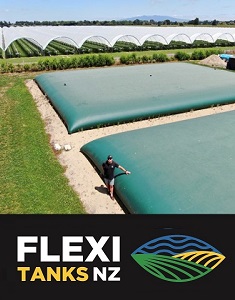Sign up here to subscribe to the Grower2grower Ezine. Every two weeks you will receive new articles, specific to the protected cropping industry, informing you of industry news and events straight to your inbox.
Oct 2018
“Quantity is Important but Quality is Paramount”
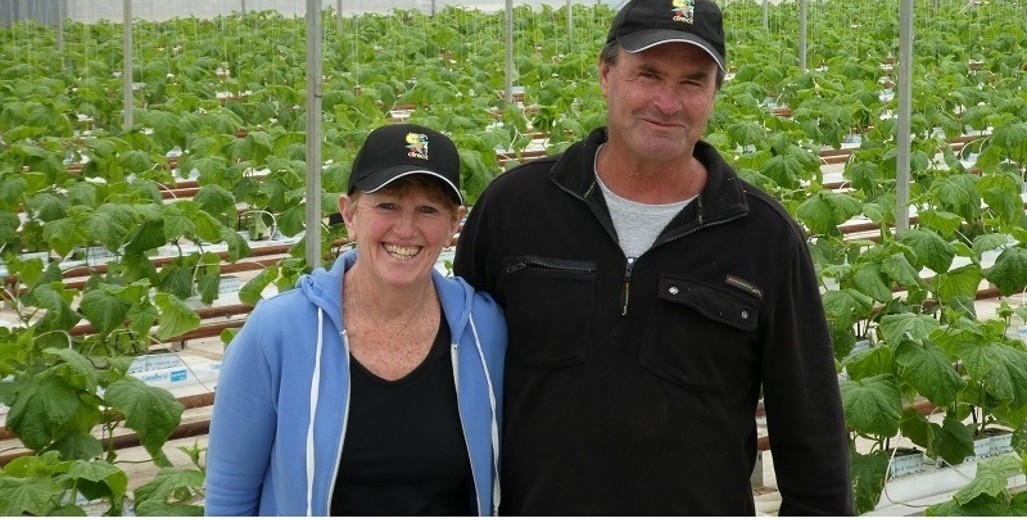
Rose and Grant Fannin 27 years of experience
It is always interesting to find out how growers first became involved in growing, especially when it has not been passed down through the generations. In 1989 while working for a lady, cleaning her house, Rose was asked if she could also help out in the small greenhouse growing tomatoes. Rose was given a five-minute crash course in tying up tomatoes, left to it, and nearly thirty years later her, and husband Grant, are two of the longest serving growers in our community.
Around the same time Rose met Grant through a now ex-tomato grower. Grant was also from a non-growing background, but his brother was working for a grower in Drury, he convinced Grant to come and see what it was like. As they were both working in the greenhouse industry and their relationship blossomed, they decided to start their own business. They leased their first greenhouse together in 1992 growing 1800 m2 of tomatoes. This was not the best first experience, as the property they leased was not in good condition, it had no heating and had been very poorly maintained. They quickly moved, in the same year, to a smaller property where they grew both short green cucumbers and tomatoes. By 1994 they had expanded the area they leased to 4800 m2 over three properties, all in the Drury area. It was incredibly difficult to get a loan from the bank at the time. It wasn’t until they were successful in securing a loan two years later, that they were able to buy what is their main/home growing property until this day. When they purchased their property, it had two old greenhouses totalling 2,100 m2 which they have replaced with 3,000 m2 of modern Faber Greenhouses. In 2000 they decided to stop leasing the other properties to concentrate on the rebuild of their home property, building 2000 m2, with the final addition built in 2006. As business kept improving over the years a new opportunity to lease a well-equipped 3000 m2 greenhouse in Drury presented itself. Rose and Grant seized the opportunity to obtain that lease and now are very settled with a total area of 6000 m2, growing all telegraph cucumbers which is marketed by Fresh Direct.
Rose and Grant have seen a huge amount of change in the two plus decades they have been growing. They have gone from growing in pumice bags, using whisker irrigation, to now growing in stone-wool slabs using pressure compensated drippers and using water content meters and weigh scales. The waste oil burner has gone, and they are now using natural gas. Environmental computer systems and automation have made growing more efficient and increased their productivity.
Grant is in charge of the growing, he has learnt to read and understand pretty much exactly how a cucumber crop should look and grow. Rose and Grant are sticklers for staying with tried and true varieties but still keep trialling new material in case a new, stronger and more productive variety, which better suits their environment becomes available. This year has seen a change to a new summer variety of telegraph cucumber.
Whitefly and thrips are a constant threat which keeps Grant monitoring his plants tirelessly.
Through all of the changes something has never changed, the quality and the high standards Rose has when grading the fruit. You will never see anything that is less than perfect passed as a Tag 1 product, “quantity is important but quality is paramount”. As part of the GAP quality policy statement you will see when you enter the property states ‘WHAT IT SAYS ON THE TAG, IS WHAT YOU GET!’
Rose is in charge of the pack house, she sets extremely high standards which have paid off in the market place. Their customers know that if they are receiving fruit grown by Rose and Grant, no matter what time of the year, it will be of the highest quality.
Growing is not without its challenges as Rose explains “No one (anyone who is not a grower) realises the pressure of growing on a day to day basis. We have to deal with the four main costs of: labour, heating, consumables and marketing as well as never ending compliance whilst also making a living to support ourselves. Current labour shortages are a serious concern, which is a shared sentiment throughout the industry.”
Even with all of the issues facing the growing industry both Rose and Grant are still very positive about the immediate future of growing and remain very thankful for all the supportive and understanding service providers and suppliers they deal with.
They both gain huge satisfaction from delivering the end product to their customers, which inspires them to get out of bed each day ready to put in another good day’s hard graft. They are both magnificent people and fantastic hard-working kiwis. They deserve every success for their relentless efforts.
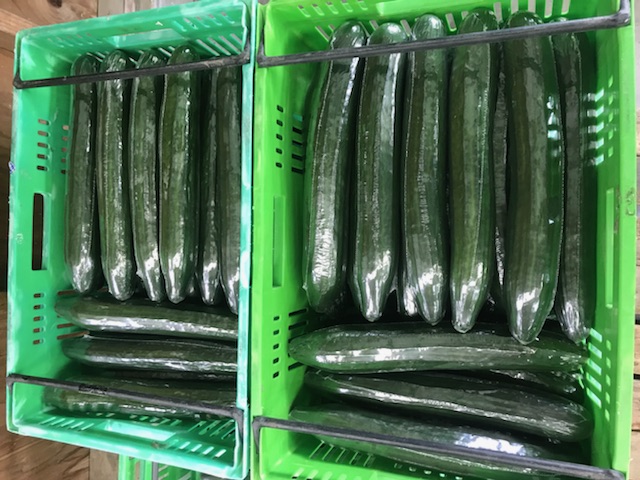
Tag 1 product ready to send to market
Grant has installed this new gas fired boiler on the home property.
Cover photo of Rose and Grant Fannin.
I appreciate your comments. Please feel free to comment below or on the grower2grower Facebook page:
https://www.facebook.com/StefanGrower2grower/
Article Written by Stefan Vogrincic, Consultant, Grower2Grower
CLASSIFIED
Subscribe to our E-Zine
More
From This Category

Powerplants and RTF Climate Announce Strategic Partnership for the APAC Region

Local florist amongst impressive young horticulturists competing in Karaka
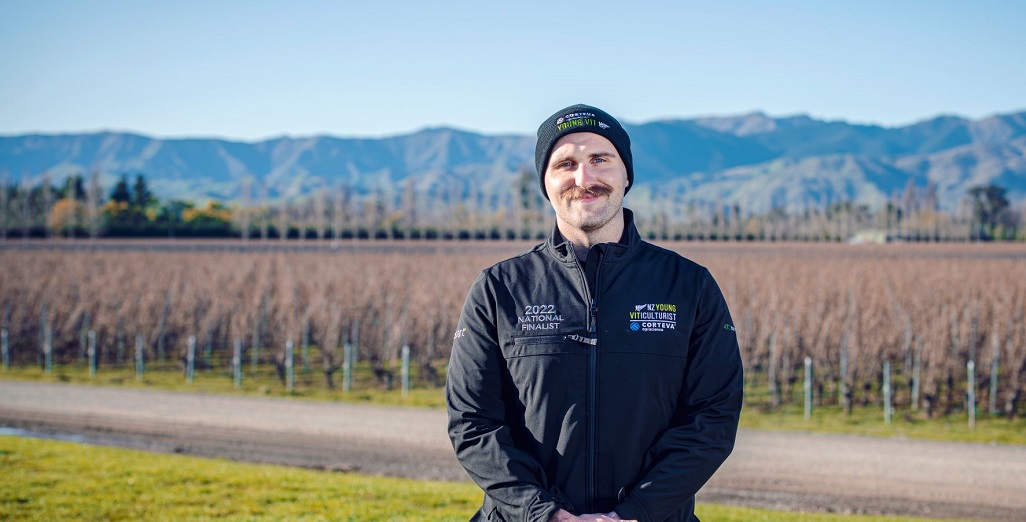
Toasting Tahryn, 2023 Young Horticulturist finalist.
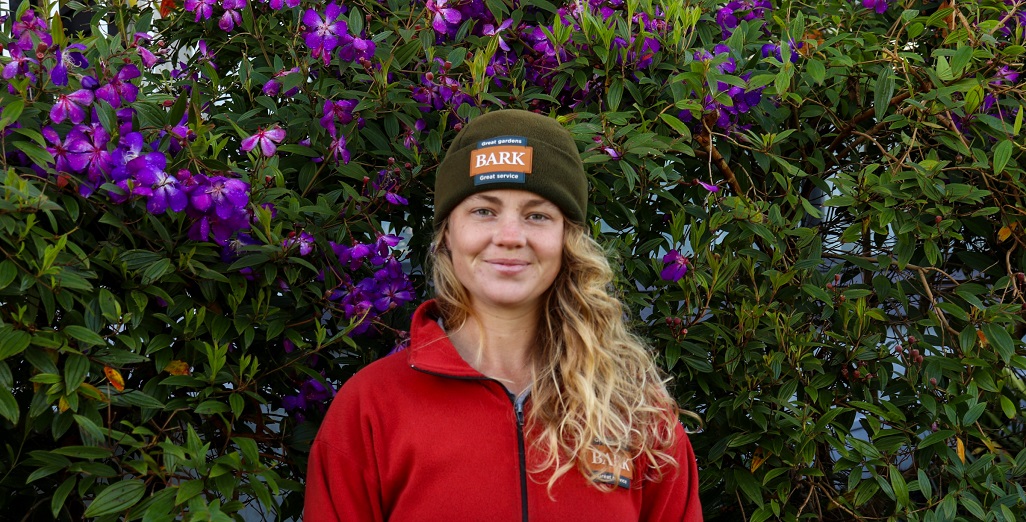
Renee reaps rewards of career switch – now off to Young Horticulturist finals.
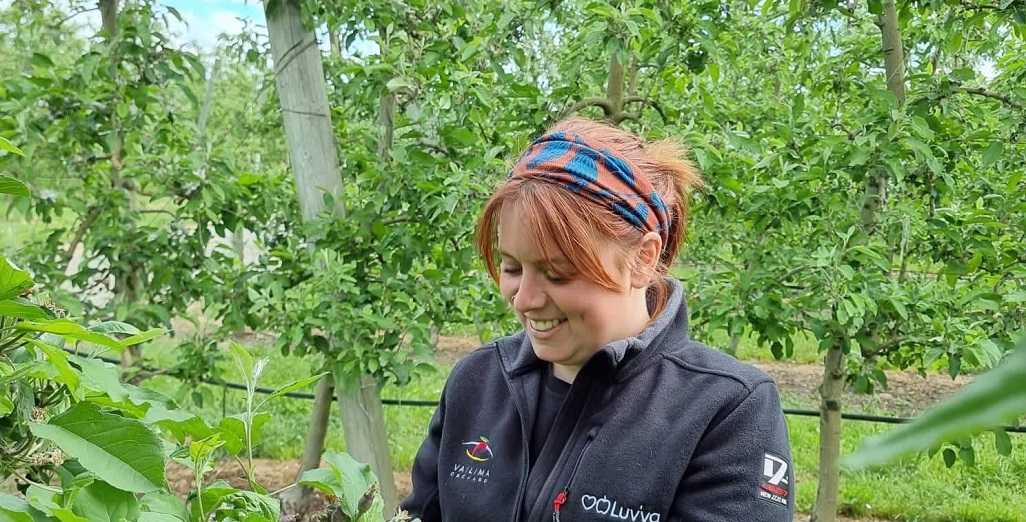
Meryn Whitehead, finalist for the 2023 NZ Young Horticulturist competition


















